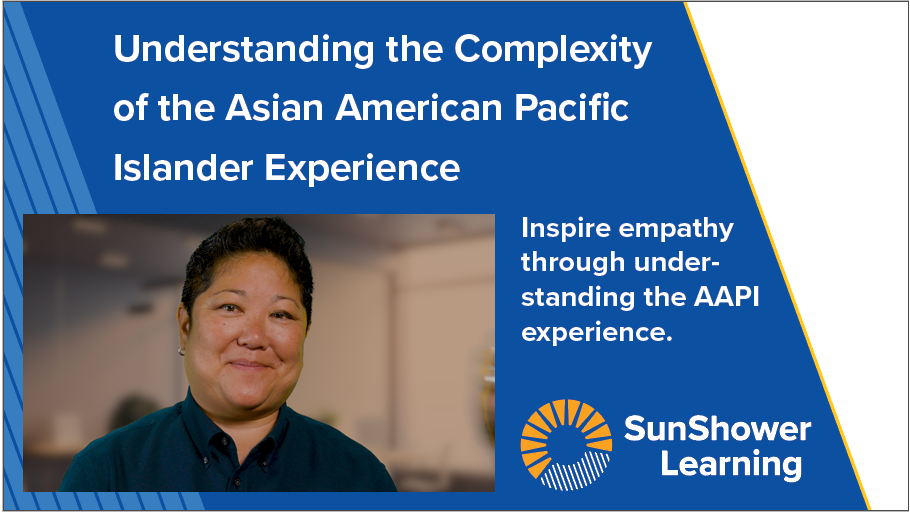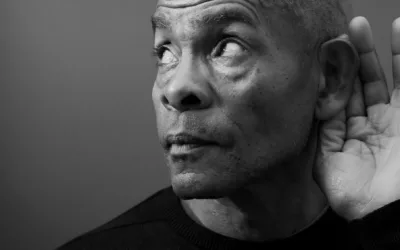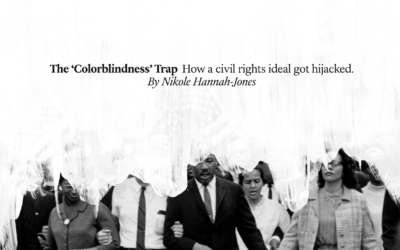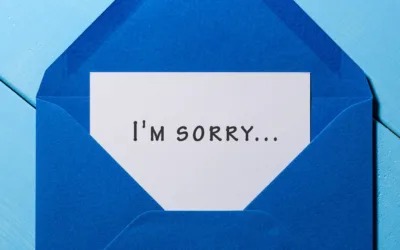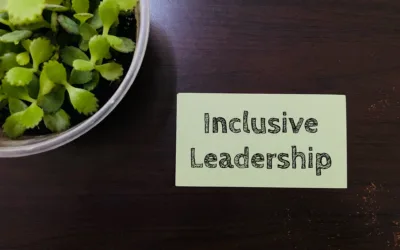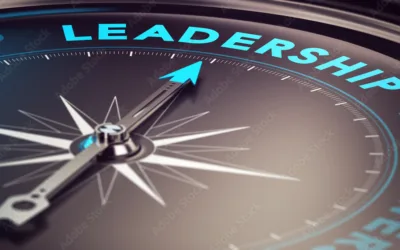Can unconscious biases be programmed into a scanner machine?
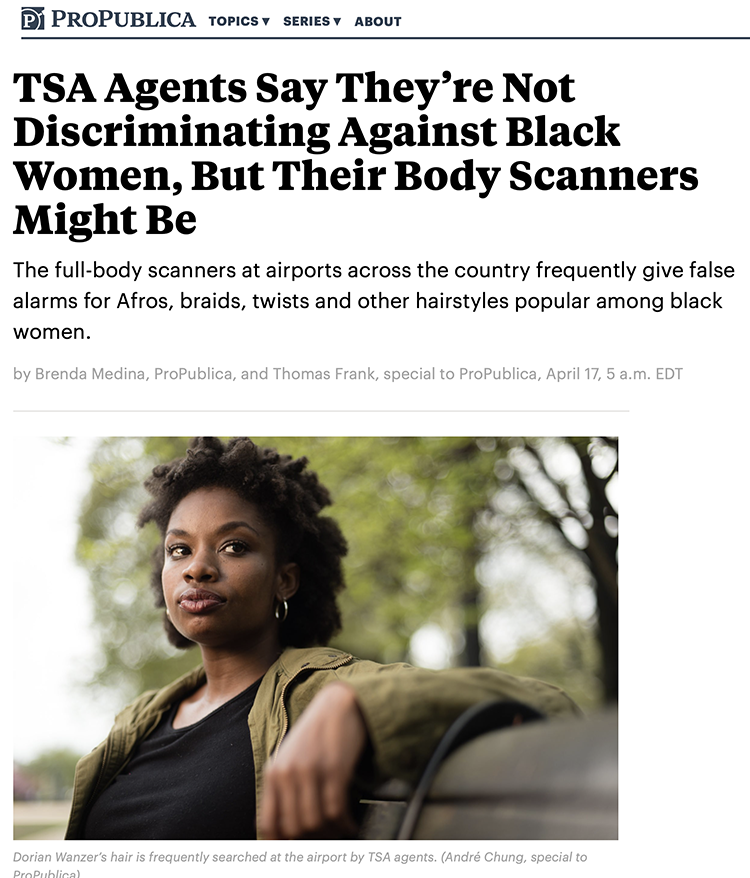
Important story from Thomas Frank. Read the whole article here.
Dorian Wanzer travels frequently for work. And almost every time she steps out of an airport body scanner, security screeners pull her aside and run their fingers through her hair. It’s called a hair pat-down.
“It happens with my natural Afro, when I have braids or two-strand twists. Regardless,” said Wanzer, who lives in Washington, D.C. “At this point in my life I have come to expect it, but that doesn’t make it any less invasive and frustrating.”
Wanzer, who had her hair patted down by Transportation Security Administration officers two weeks ago while she flew home from Raleigh, North Carolina, said she feels singled out when she is asked to step aside.
“When you find yourself in that kind of situation, it makes you wonder,” Wanzer said. “Is this for security, or am I being profiled for my race?”
Black women have been raising alarms for years about being forced to undergo intrusive, degrading searches of their hair at airport security checkpoints. After a complaint five years ago, the TSA pledged to improve oversight and training for its workers on hair pat-downs.
But it turns out there’s an issue beyond the screeners: the machines themselves.
More From Our Blog…
Understanding Employee Responses to DEI Initiatives: Insights and Strategies
A recent study sheds light on a previously underexplored aspect of DEI training. While much focus has been placed on the facilitators, trainers and the content of DEI programs, this study examines how employees actually respond to the training. Published in Harvard...
SHRM’s Removal of “Equity” From DEI Framework: A Step Backwards Amid Growing Backlash
In a stunning step in the wrong direction, the Society for Human Resources Management (SHRM), the world’s largest HR association, has removed “Equity” from its “IE&D” framework. What message does this send, especially amid strong pushback against Diversity, Equity...
Navigating the Shifting Landscape of Diversity, Equity and Inclusion Programs
In the midst of the evolving landscape of corporate diversity initiatives, there's a seismic shift underway. The once-prominent acronym "DEI" - representing diversity, equity and inclusion - is notably absent from many company discussions. As explained in the article...
A Groundbreaking New Course: Understanding the Complexity of the Asian American Pacific Islander Experience
With over two decades of experience in the educational sector, Hideko Akashi, founder and lead consultant at Liberation Consulting, has been a steadfast advocate for diversity, privilege, social justice, inclusion and equity. Now, she's opening a new chapter with the...
The Deafening Silence of DEI Allies: A Call to Action in Troubled Times
As we commemorate the legacy of Rev. Dr. Martin Luther King Jr., his poignant words echo through the corridors of history, reminding us of the profound impact of silence in the face of injustice.” In the end, we will remember not the words of our enemies, but the...
DEI LEAP: Empowering Leaders Through Turbulent Times
DEI LEAP: Empowering Leaders Through Turbulent Times As we all know, 2024 has brought a wave of attacks against DEI. A handful of outspoken critics, such as Elon Musk, are misrepresenting DEI and attacking the strategies and practices that are creating more equitable...
The Colorblindness Trap
Read. This. Article. It's important. The Color Blindness Trap: How a civil rights ideal got hijacked Nikole Hannah-Jones is a domestic correspondent for The New York Times Magazine focusing on racial injustice. Her extensive reporting in both print and radio has...
The Unbearable Lightness of the “I’m Sorry if You Were Offended” Apology
Have you ever come across that non-apology apology? You know, the one that goes, "I’m sorry if you were offended," or its close cousin, "I’m sorry that you…" These non-apologies aren't just weak; they can actually inflict more harm and exacerbate hurt feelings. They...
The Power of Diversity: McKinsey’s Latest Report Reinforces the Business Case for Inclusive Leadership
In an era where corporate social responsibility is no longer just a buzzword but a fundamental aspect of successful business strategies, McKinsey's latest report, "Diversity Matters Even More: The Case for Holistic Impact," underscores the undeniable link...
“Laying Low” Is the Wrong DEI Strategy
“The ultimate measure of a man is not where he stands in moments of comfort and convenience, but where he stands at times of challenge and controversy.”- Martin Luther King, Jr. In an era marred by politicized attacks on diversity, equity and inclusion (DEI), Shaun...




